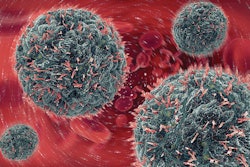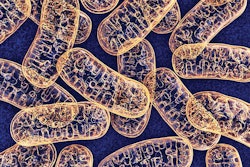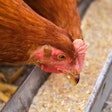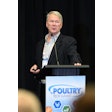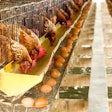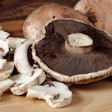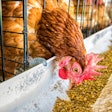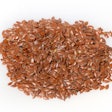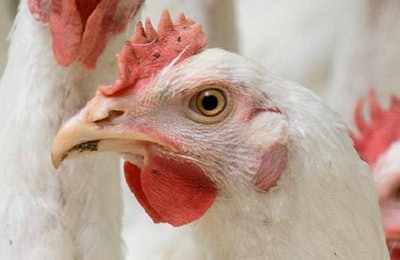
Thanks to a recent animal feed innovation, HKScan Kariniemen chicken farms will be the first in Finland to entirely replace soy-based protein with domestic pulses such as broad beans in animal feed. This dietary innovation will further increase domestic self-sufficiency in the Finnish food production chain.
“Through the renewal of our breeding methods and animal feeds, we are working with our contract farmers to produce better Kariniemen products for all consumers. Last autumn we adopted a unique hatchery concept in the Kariniemen chain enabling chicks to be born on the farm where they are raised rather than at a separate hatchery. The ongoing development of better chicken feeds marks the logical continuation of our work to improve our corporate responsibility. Animal welfare is a very high priority for us,” stated Pia Nybäck, HKScan executive vice president, animal sourcing and primary production.
In addition to raising chicks, Kariniemen farms also grow grain crops such as wheat and oats for their feed. Up to now, these domestic grains have been supplemented with soymeal in animal feed due to the high protein content of soy. HKScan has been working systematically for many years to find a domestic replacement for soymeal in collaboration with animal feed experts, contract farmers and our feed producer partners, Nordic Soya and Hankkija.
“We are delighted to roll out this feed concept innovation. As a result of long-term R&D, HKScan is the first company in Finland to fully replace soymeal with domestically produced protein in animal feed,” said Nybäck.
HKScan is dedicated to continually improving animal health and welfare throughout all stages of the food production chain.
Sustainable meat production begins with sustainable feed
Soy is one of the world’s most widely cultivated crops, but soy farming presents a variety of social and environmental challenges. Soymeal is used as a raw ingredient in many animal feeds due to its high protein content. HKScan is already committed to the exclusive use of RTRS (Round Table on Responsible Soy) and ProTerra-certified soymeal in its farm-to-fork chain by the end of 2018. In Finland HKScan switched to using 100% responsibly produced soy in 2017.
“Although HKScan is already committed to using responsibly farmed soy as part of our sustainable meat production chain, replacing soy with domestic protein is a significantly better option. Domestic food production furthermore supports the local economy and upholds a safe, steady food supply,” said Nybäck.
Protein is necessary for animal welfare
Protein is an essential component in the diet of healthy chickens. With the new feed innovation, the amount of responsibly produced soymeal that is currently used in HKScan feeds can be fully replaced with domestic sources of protein such as broad beans and peas. The proportion of domestic pulses used in animal feed will be increased in line with availability. Broad bean is a traditional food crop in Finland that has recently made a comeback. Although broad bean crop acreage doubled last year, the existing crop volume in Finland does not fully meet current demand levels.
“To increase supply, we urge farmers to begin cultivating more broad beans. Farming broad beans has positive environmental and agricultural impacts. Broad beans fix nitrogen in the soil, which benefits other cultivated plants in crop rotation,” said Ulf Jahnsson, HKScan director, producer services, quality and CR.
Finnish chicken sets global benchmarks
All Kariniemen chicken is sourced from HKScan’s Finnish contract farmers, and all meat in HK® and Kariniemen-branded products is 100 percent domestic.
HKScan’s dedicated contract farmers, close supervision by the Finnish authorities, and strict legislation guarantee outstanding quality in HKScan’s From Farm to Fork chain. Finland upholds high standards of animal health care and Finnish farmers adhere to strict animal welfare criteria. Livestock is raised in excellent conditions and animal diseases are prevented efficiently, enabling Finnish chickens to be raised without the use of antibiotics. Finnish chicken is 100-percent antibiotic-free, and there is thus minimal incidence of antibiotic-resistant strains of bacteria, the company stated.



